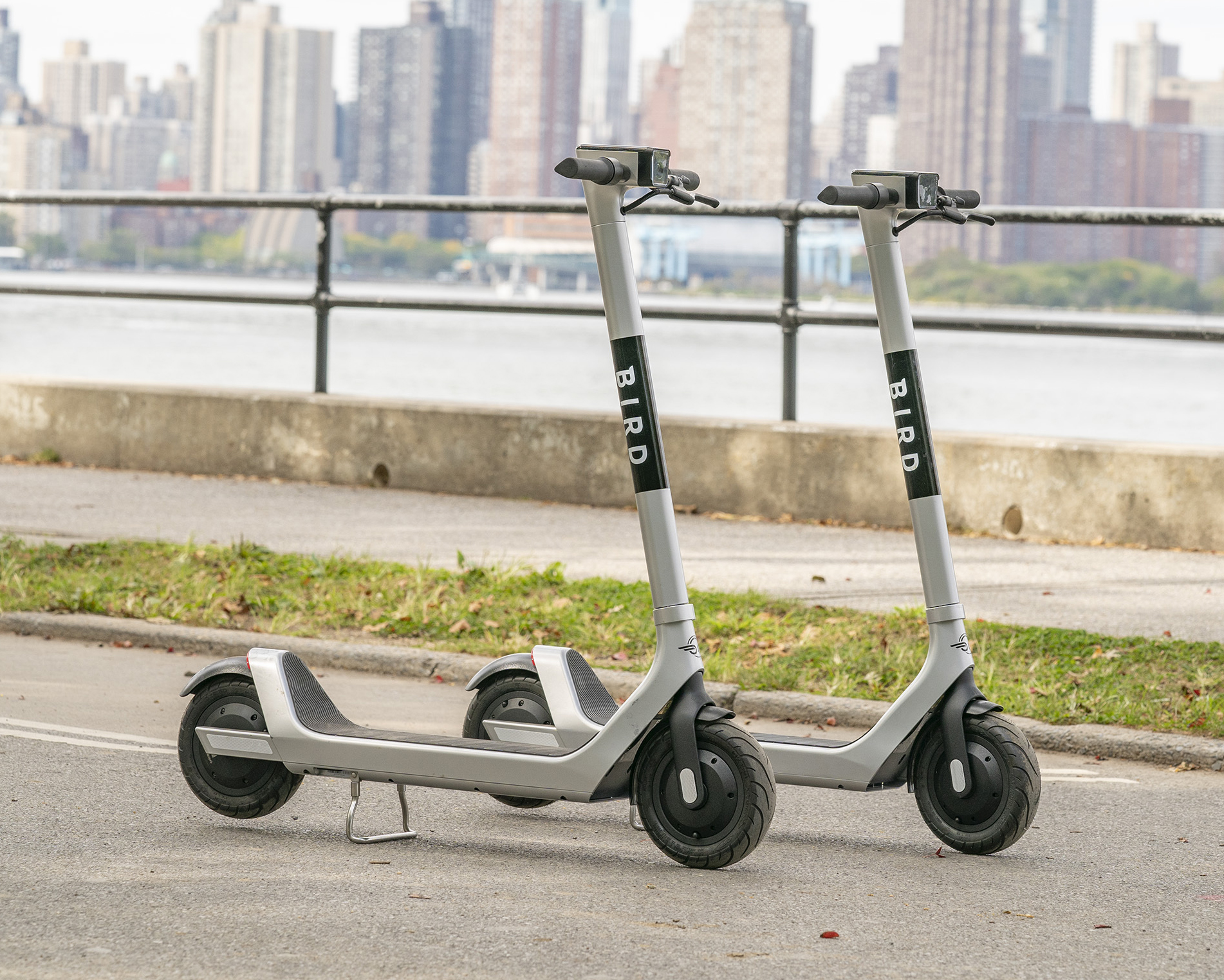Scooter share is coming to New York City sometime next year. And personal electric scooters are legal as of today. So, periodically, we'll open our pages to industry leaders to discuss the burgeoning business of micromobility from their perspective. Streetsblog does not necessarily agree with the opinions expressed below, but we are keen on publishing multiple viewpoints.
Shared e-scooters didn’t exist four years ago. Now they’re on track to surpass half-a-billion rides and provide an environmentally friendly alternative to the ride-hailing industry led by Uber and Lyft.
As New York City develops a launch plan for e-scooters this coming spring, now is the perfect time to assess where the industry’s been and what we’ve learned along the way.
First, the scooters themselves. No city should accept or consider cheap, “off the rack” scooters that cannot endure scooter share. As we’ve learned, riders need specially designed, extra rugged e-scooters that can withstand near-constant use and demanding roadways.
Custom scooters are expensive to design and manufacture — but they’re worth every penny. They enable operators such as Bird to invest in advanced diagnostic systems, waterproof batteries, and seamless designs with fewer parts and better fault checks. They also enable us to make good on our sustainability goals, such as reducing the carbon footprint of each e-scooter by keeping them on the road as long as possible and minimizing battery requirements (thanks to safely and securely embedded long-lasting batteries in each vehicle).
Custom-designed scooters are also safer to operate. Unlike a personal e-scooter, shared e-scooters must accommodate riders of different ages and abilities and be stable enough for even novice riders to enjoy themselves safely and confidently. The same qualities make custom shared scooters safer for pedestrians, because riders can maintain control better, thus reducing crashes. Finally, scooters must be durable enough so that riders can depend on your fleet and operators can run a viable business. Without that, everything else crumbles.
Second, equitable access. It’s not enough to deploy a fleet of scooters in cities' highest traffic areas. Micromobility companies have a responsibility to serve neighborhoods that have been cut off from mass transit and denied access to innovation. Two years ago, we hosted a demonstration in Bed-Stuy, Brooklyn; the local council member told us that Bird was the first tech company to come into his district and pledge to give his constituents access to innovative technology on the same day as the city as a whole. That’s meant a lot to me ever since, and I’m proud that we’ve lived up to that pledge with our global Community Program.
When you’re entering a new city, you also need to be humble about what you don’t know — and engage with those who can help you earn communities' trust. New Yorkers are focused on safety and wellbeing more than ever before. So operators must partner deeply with cities in order to create plans that are tailor-made not just for a single city or borough — but for the specific communities that they will serve, block by block. This investment and partnership is essential; operational plans must adapt to meet changing behaviors and feedback.
Finally, education, innovation, and transparency. When our scooters hit the street in a new market, demand grows immediately. We’re ready for it, but we also have a responsibility to ensure that riders are ready, too. That’s why we must aggressively and persistently educate riders about safe riding and the need to wear a helmet. So we invented the “helmet selfie,” which requires riders to snap a photo of … well, you get the idea. E-scooter riders appreciate the continuing education and receipt of safety tips; the roads are safer because of them.
We also need to innovate constantly in order to serve more riders. We were proud to serve the differently abled community with a seated e-scooter that’s been well received everywhere it’s deployed. It is a starting point — not a stopping point — in our drive to serve the broader community. We will debut a vehicle as part of the pilot that addresses the needs of people with a range of disabilities.
We’ve come a long way — but e-scooter share wouldn’t be anywhere today without the input and partnership of local governments and community organizations. That means that operators must lean into responsible data sharing that protects rider privacy while giving local governments access to the data they need to support micromobility and integrated transportation networks in their jurisdiction.
Local transportation experts know their streets better than anyone; it’s incumbent on e-scooter operators to give them the information for making our operations safer and more successful.
Travis VanderZanden is the founder and CEO of Bird. Follow him on Twitter @travisv.







